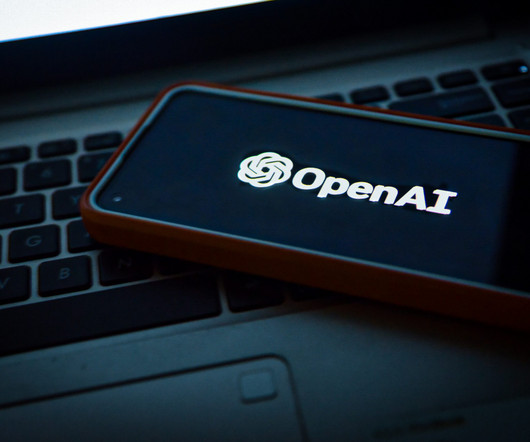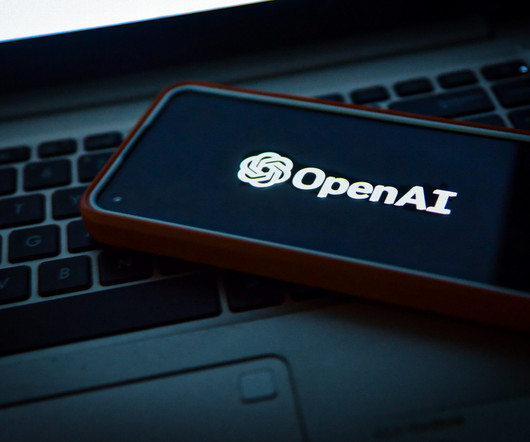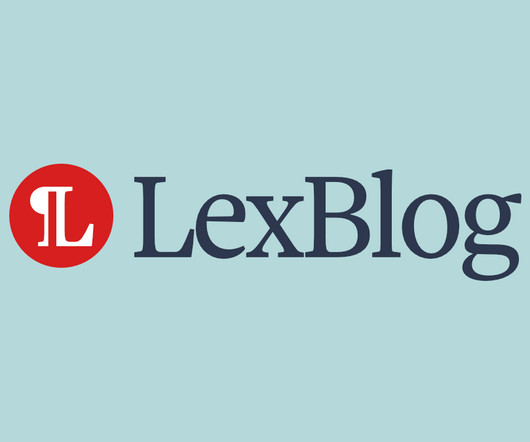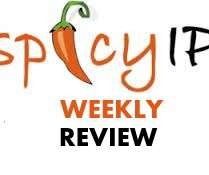Checklist of Issues on Generative IP
Kluwer Copyright Blog
SEPTEMBER 11, 2023
Image by Gerd Altmann from Pixabay The intersection of Artificial intelligence and Intellectual Property is complex. It involves several IP rights, some of which overlap in some cases: copyright, trademarks, patents, trade secrets/confidential information, and the right of publicity (and similar rights with different names).

















Let's personalize your content